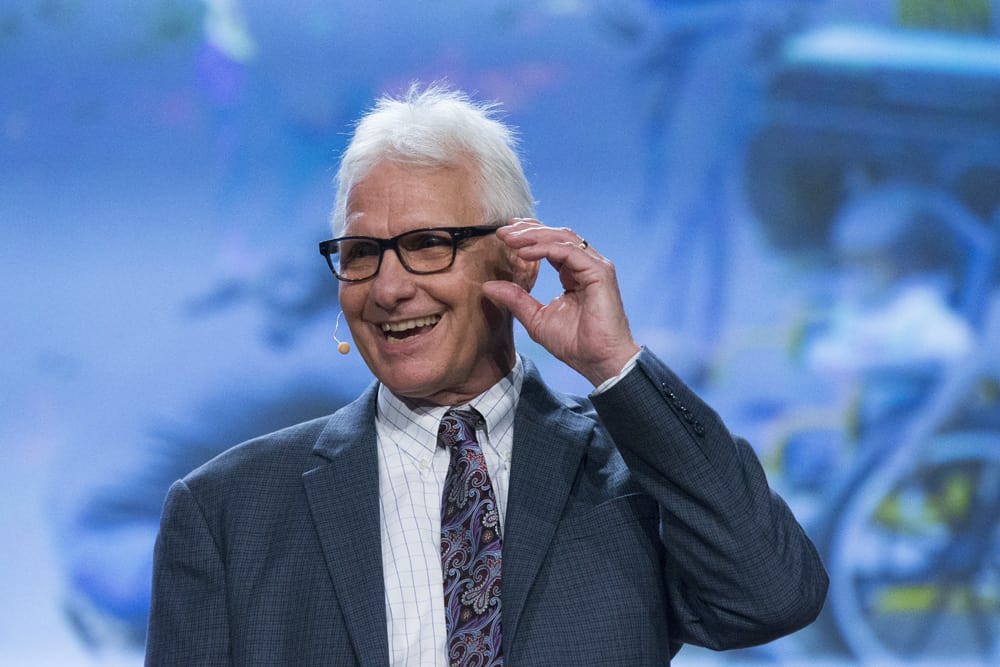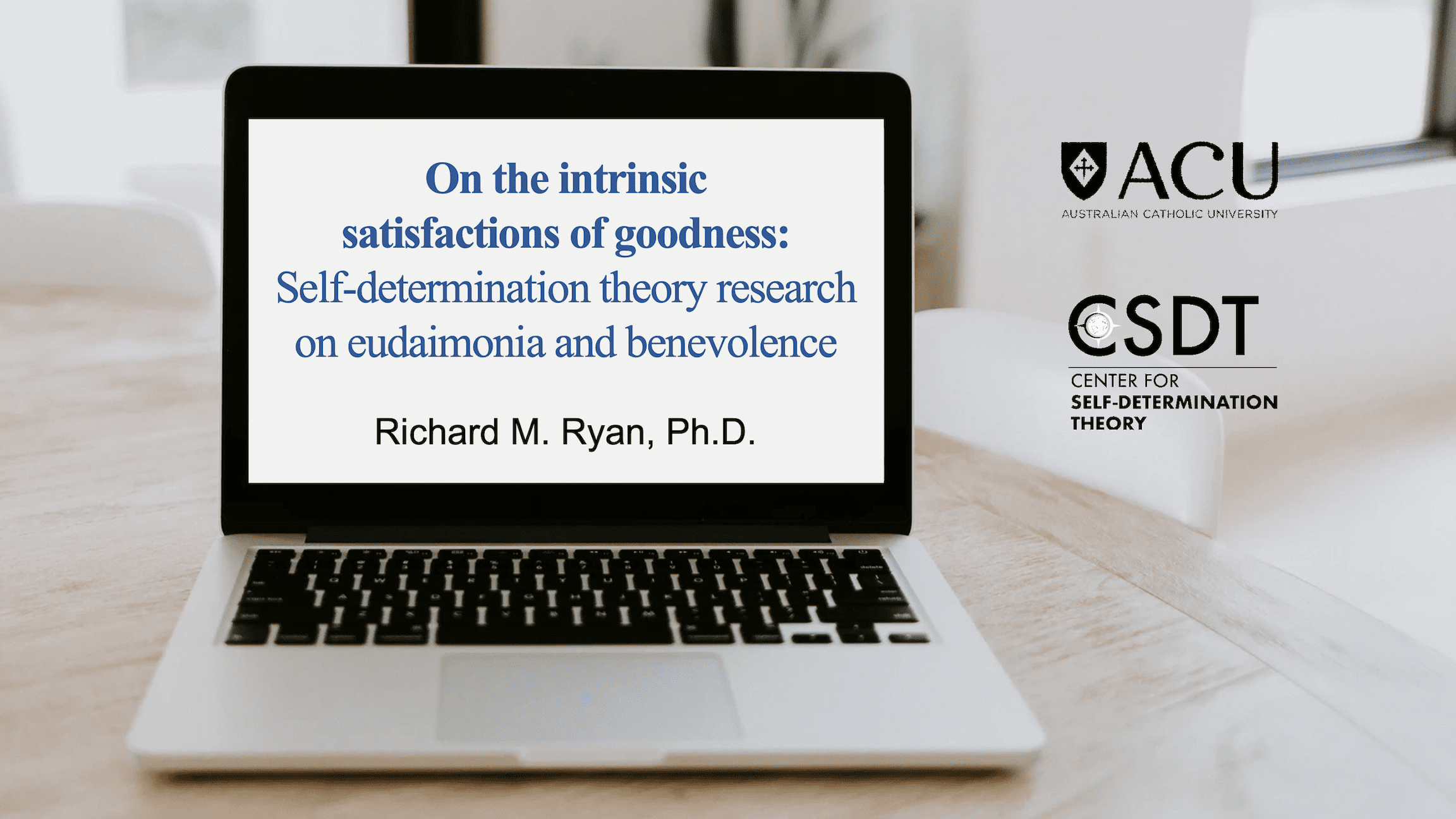Self-determination theory is concerned with the social and other conditions that facilitate or hinder human wellness, well-being, and flourishing. While much of the theory focuses on the basic needs, motivational states, and other factors that bring forth well-being, it is important to turn the lens also on the outcome: What is well-being for human beings?
While the most common conceptualization of well-being within psychological research is arguably subjective well-being, comprised of positive and negative affect as well as life satisfaction, SDT has argued that it doesn’t capture the whole spectrum of well-being but we need a richer understanding of the nature of well-being. Psychological wellness is about both feeling good and functioning well.
One important dimension of wellness that SDT has concentrated on is subjective vitality, defined as the experience of feeling alive, vigorous, and energetic. Vitality is about energy that is available to the self, and that can be used in volitional activity. Having such vitality is thus important to both feeling well and being able to function well. Research has shown that basic need satisfaction, and exposure to nature, are sources of vitality for people.
Another dimension of wellness particularly close to SDT is eudaimonia, a concept derived originally from ancient Greece, that have resurrected in modern psychological discussions about well-being. In it’s original, Aristotelian sense it was about a life well lived, and focused more on how one lived and behaved rather than on how one felt. In contemporary discussions it has been often used to describe dimensions of well-being that go beyond mere pleasure and pain, and that are in accordance with our basic human nature. Thus research within SDT argues that motives and behaviors such as pursuing intrinsic goals, regulating behavior autonomously, living in a reflective and mindful way, and having one’s needs satisfied are all key aspects of a well-lived life and thus key components of an eudaimonic way of living.
Finally, meaning in life and meaningfulness has also received increased research attention within psychology in general and by SDT scholars in particular as an important dimension of a life well lived. It has been argued that the satisfaction of the basic psychological needs could play a key role in making life feel meaningful, and research has thus examined meaning in life as an important and valuable outcome of need satisfaction.
Finding out what are the constituting elements of human wellness and worthwhile human ends more generally, is – already according to Aristotle – of great practical importance: Equipped with this knowledge ”would we not, like archers in possession of a target, better hit on what is needed?” By having a better understanding of what makes human life good we can use that knowledge to evaluate and compare various societies, organizations, institutions, lifestyles, and even cultures, to see how well they support a possibility to live a good life.
While a unidimensional measure of well-being such as positive affect doesn’t tell anything about what has caused high or low affect, knowing that a particular basic psychological need is low already gives much more actionable recommendations of how to improve the situation. Thus measuring basic needs alongside more general well-being measures allows one to gain a richer understanding of the wellness of those studied.
Thus, whatever more particular topic you are examining, be that schools, teachers, organizational leadership, political systems or whatever, the measures you use as outcomes and as criteria matter. Choosing the right well-being indicators, and a rich enough set of such indicators, allows you to make more relevant and interesting conclusions about the state of well-being and human wellness in your target group, and design more effective ways to improve well-being.







